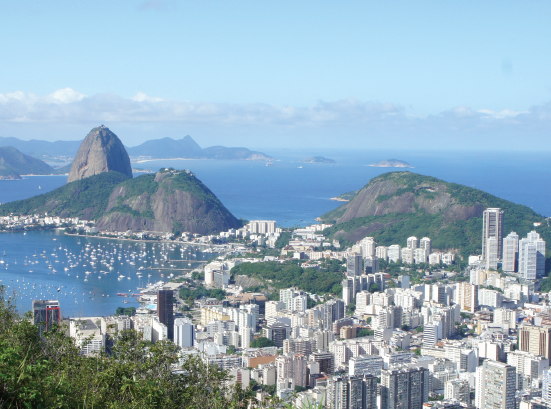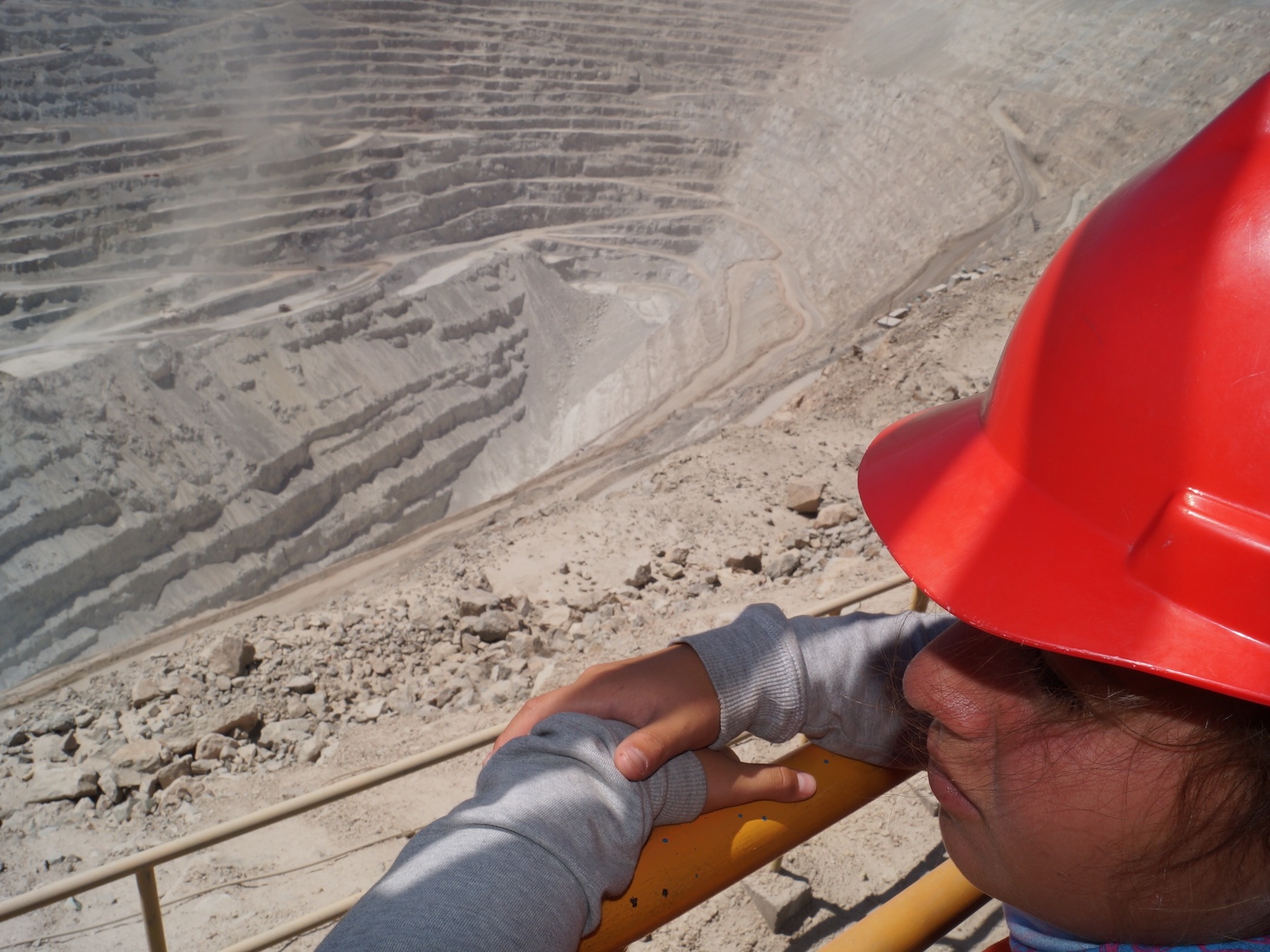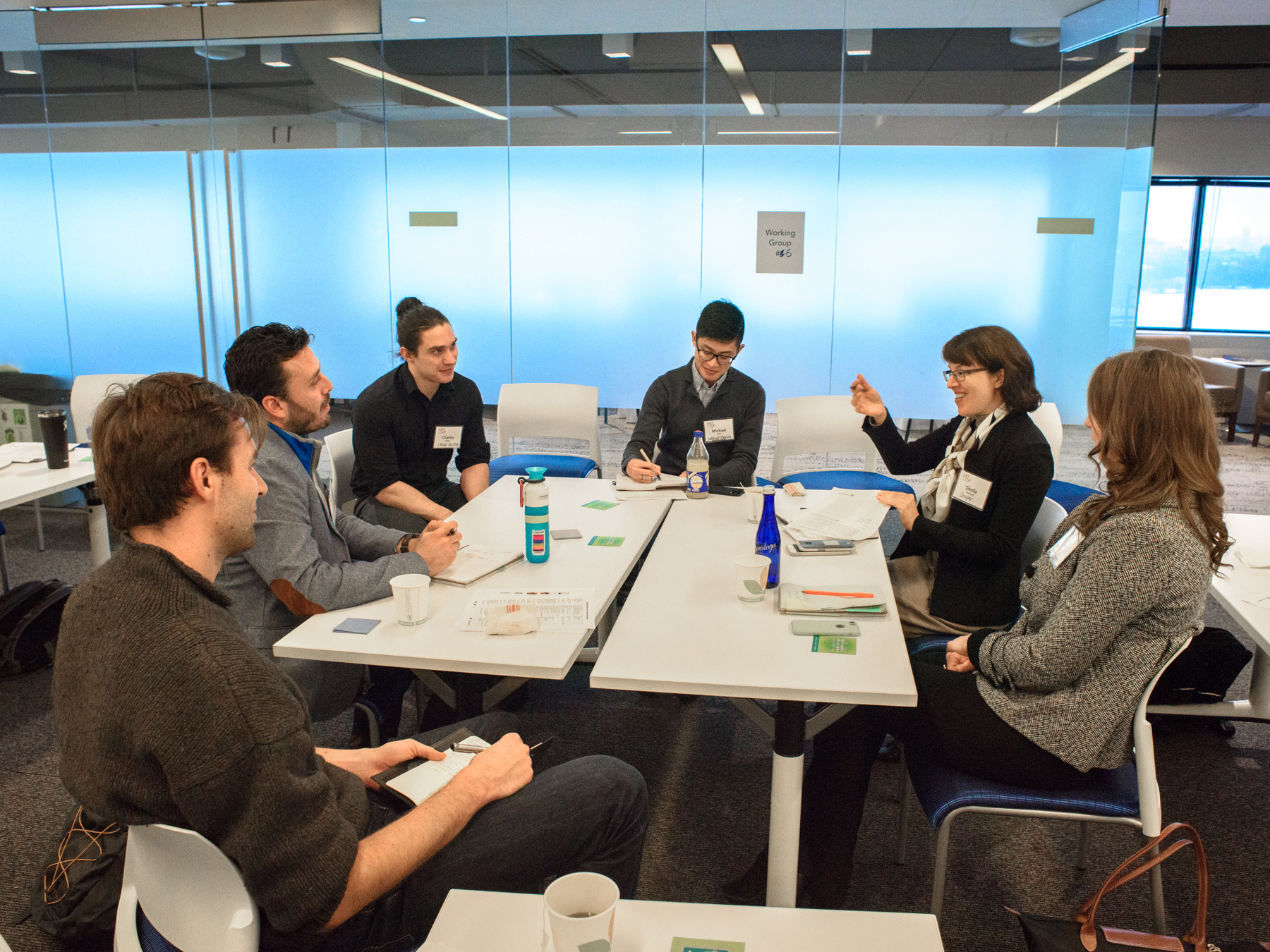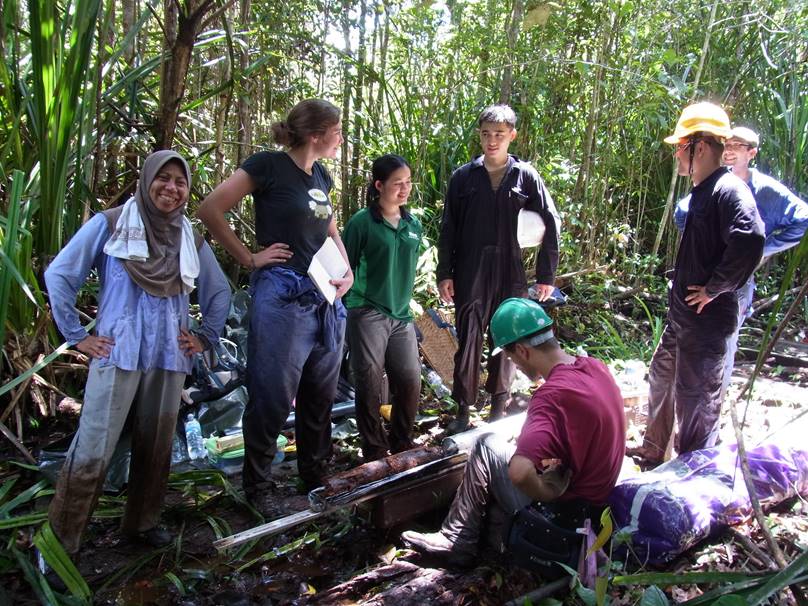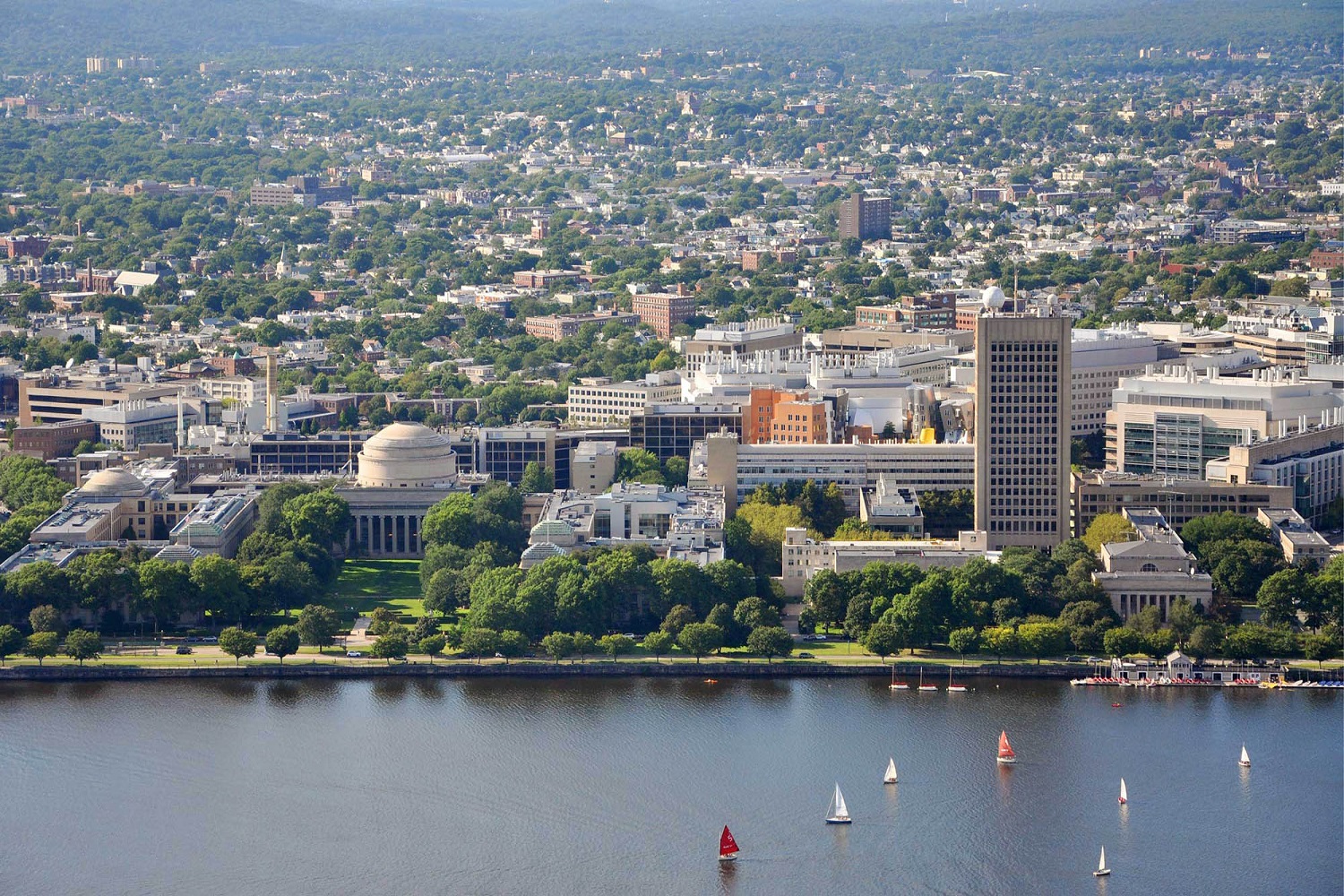Menu
ESI Stories
The ESI’s Angélica Mayolo Invited to Provide Technical Support as City Advisor for the Biodiversity COP (COP 16) in Cali, Colombia
By: Sophia Apteker, Administrative and Communications Assistant
When Angélica Mayolo was advocating for the city of Cali to host the Biodiversity COP (COP 16), her marketing was simple: “Choosing Cali means that you recognize the populations in the Colombian Pacific that are working toward the conservation of the environment.”
Here, the “you” refers to the Colombian government, with the implication that failure to integrate historically underrepresented voices into climate conversations would undermine any type of progress made at the international event.
The people of Cali, like those of other marginalized groups, have been innovating localized solutions for generations. The “Piangueras,” for example, are a group of women in the Colombian Chocó that collect a mollusk called Piangua from roots of mangroves. By protecting them, they also expand local gastronomy to include the Piangua, which guarantees local interest in mangrove preservation.
Yet, since these solutions like this haven’t been translated into scientific knowledge, they can, and have, gone overlooked by those in academic and governmental spaces.
With this in mind, Mayolo’s people-centric argument — supplemented by Cali’s wealth of biodiversity — made for a rather compelling case. And against all odds, it was enough.
See, Cali was an underdog, competing with roughly ten other Colombian cities for the hosting spot since December of last year, after Turkey withdrew from their position in August due to a series of devastating earthquakes. Shortly after Colombia was declared the hosting country, during the Climate Change COP 28 in Dubai, Mayolo began reaching out to various members of the national and local government to discuss the possibility of hosting the COP in Cali. Several organizations and key leaders from Cali quickly got on board with her proposal, and it evolved into a collaborative effort to present the city as a candidate.
Despite this surge of support, Cali wasn’t always seen as an immediate, clear winner. For example, when stacked against the other finalist city, Colombia’s capital of Bogotá, Cali had comparably less apt infrastructure and fewer resources to support the expected influx of 9,000 attendees, given Bogotá’s population of 7.1 million and Cali’s population of 2.8 million. It’s also worth noting that Cali has been riddled by cartels and gang-related violence, giving it the reputation as one of Colombia’s most violent urban centers.
To combat these weaker areas, Mayolo, who is an MIT MLK Fellow and a consultant for the MIT Environmental Solutions Initiative (ESI) leading the Afro-Interamerican Forum on Climate Change, had to lean heavily into the importance of recognizing the Biogeographic Choco region and the work of the local communities as stewards of biodiversity.
“To present the technical reason behind Cali’s candidacy, we brought together representatives of the hotel industry, local airport, local governments, academia, and others,” Mayolo said. “The proposal itself argued that aside from the role of local communities and biodiversity richness of Cali, we had, as a city, sufficient capacities to host the event, support all the activities related to it, attend all the needs presented by the UN, and emphatically, that the team behind the candidacy could rally several organizations and leaders in Cali, the State of Valle del Cauca, and the Pacific Region of Colombia in support of the event’s needs.”
On Feb. 20, Cali was officially recognized as the host city for the Biodiversity COP (COP 16), and Mayolo was invited to provide technical support as city advisor. She is now planning the event within a tight timeline, one that usually spans two years but is now compressed to eight months due to Turkey’s resignation. It will be held from Oct. 21 to Nov. 3 of this year, and will invite a range of attendees, including scientists and government representatives, from 180 countries.
“Receiving the news from the Minister of Environment that Cali had been selected was an incredible rush of energy for me personally, and for everyone involved in the candidacy for host,” Mayolo recounted. “As soon as we received news of our selection, the representatives of the organizations collaborating got together at the City Hall and started planning out the upcoming days of work towards COP.”
Since the starting gun has been fired, time has been of the essence.
In the upcoming months, Mayolo’s work will center around articulating the various needs and opportunities of the parties collaborating towards COP 16 by reaching out to the communities and leaders of the Pacific to help build an academic agenda for surrounding events. She will also be engaging the private sector and local governments to coordinate additional efforts.
Mayolo credits the ESI for providing her with tools and networks that have given her “an opportunity to grow [her] understanding of how vital and unique the ecosystems in the Americas are, as well as how local communities work tirelessly for their protection.”
“We recognize that choosing Cali as a host means the UN and the national government understand the importance of the Biogeographic Choco and all the species living there, so we seek to make the region the protagonist of the COP,” said Mayolo. “With side events and activities related to showcasing the biodiversity of our region, bolstering the work of our local communities to protect it, and expanding the understanding of local needs and opportunities by the countries participating, we believe that the COP can impact Cali, the Pacific Region, and Colombia beyond the scope of the event itself, reinforcing our identity as a beautiful and biodiverse destination.”
